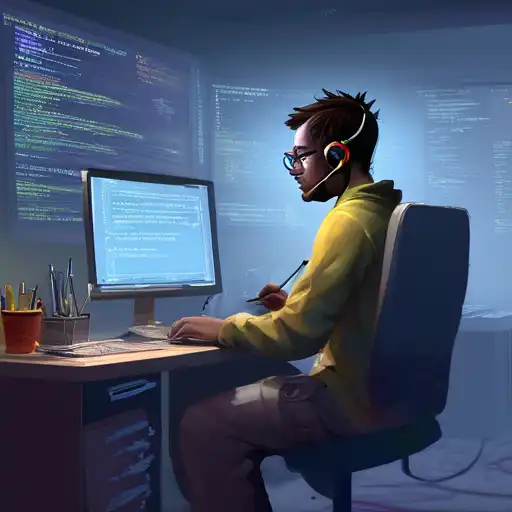Introduction to Debugging for New Programmers
Debugging is an essential skill for every programmer, especially for those just starting out. It involves identifying and resolving errors or bugs in your code that prevent it from running correctly. This article provides practical debugging tips to help new programmers navigate through common coding pitfalls.
Understand the Error Messages
One of the first steps in debugging is to understand the error messages your development environment throws at you. These messages are designed to point you in the direction of the problem. Take the time to read them carefully and research any terms or codes you don't understand.
Break Down Your Code
When faced with a bug, break your code down into smaller, more manageable sections. This approach, often referred to as 'divide and conquer,' allows you to isolate the problem more efficiently. Comment out sections of your code and test each part individually to identify where the issue lies.
Use a Debugger Tool
Most integrated development environments (IDEs) come with built-in debugger tools. These tools allow you to step through your code line by line, inspect variables, and see the flow of execution. Learning how to use these tools can significantly speed up the debugging process.
Check for Common Mistakes
Many bugs arise from common mistakes such as typos, incorrect variable names, or misplaced semicolons. Always double-check your code for these simple errors before diving deeper into more complex debugging strategies.
Seek Help from the Community
Don't hesitate to seek help from the programming community. Platforms like Stack Overflow are invaluable resources where you can ask questions and find answers to common programming issues. Remember to provide as much detail as possible about your problem to get the most accurate help.
Practice Makes Perfect
Debugging is a skill that improves with practice. The more you code and encounter bugs, the better you'll become at identifying and fixing them. Embrace each bug as a learning opportunity to become a more proficient programmer.
Conclusion
Debugging can be frustrating, but it's also an integral part of the programming process. By understanding error messages, breaking down your code, using debugger tools, checking for common mistakes, seeking community help, and practicing regularly, you'll develop the skills needed to tackle any bug that comes your way. Remember, every programmer starts somewhere, and with patience and persistence, you'll overcome these challenges.
